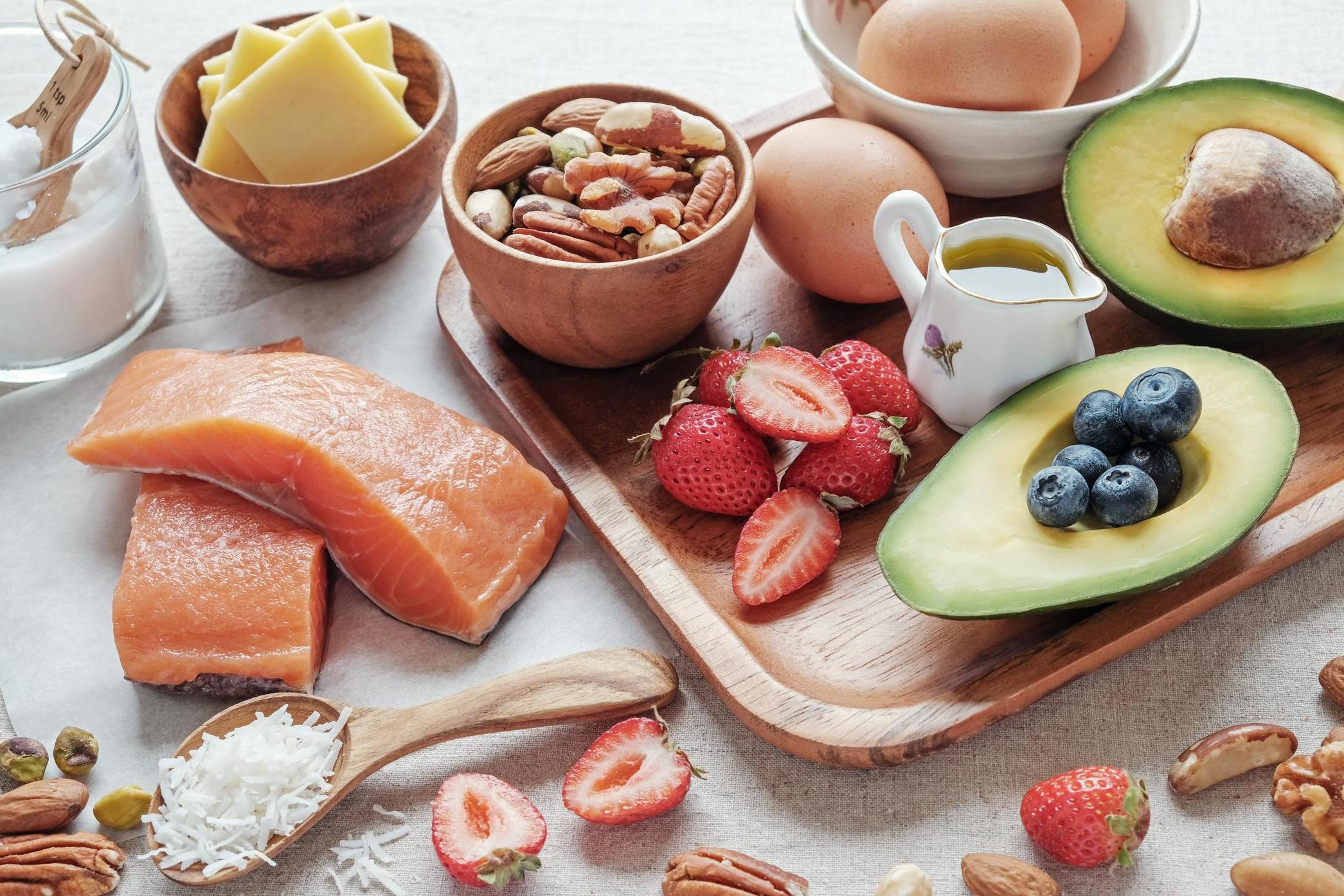Some calories are more ‘harmful’ than others, study claims
Not all calories are created equal

There’s more to healthy eating than being mindful of calories.
A balanced diet is not simply a numbers game, as new research demonstrates that the amount of calories we consume is no less important than the source of those calories.
The study, published in Obesity Reviews, revealed that the calories found in sweetened beverages, such as soft drinks, can be particularly detrimental to our health.
For example, the team of 22 researchers, who came together from different US universities, revealed that despite containing the same amount of calories, a one 12-ounce (340ml) can of a sugary soft drink is far less healthy than a medium-sized potato, which is high in starch.
While the former can increase the risk of cardiovascular disease and type two diabetes, the latter is rich in fibre and potassium, subsequently offering a wealth of nutritional benefits.
“Calories from any food have the potential to increase risk for obesity and cardiometabolic disease because all calories can directly contribute to positive energy balance and fat gain," the study reads.
"However, various dietary components or patterns may promote obesity and cardiometabolic disease by additional mechanisms that are not mediated solely by caloric content."
While consuming a certain amount of calories sourced from drinks sweetened with fructose and high fructose corn syrup could increase risks of heart disease or stroke, consuming the same amount of calories from sources such as yoghurt and cheese could actually have the opposite effect and reduce risks, the study claims.
The research also highlighted the differences between foods containing equal amounts of fat.
For example, eating foods high in polyunsaturated fat, such as chia seeds and nuts, may lower your risk of disease, while eating the same amount of saturated fat, such as that which is found in red meat, can increase the risk.
Lead author Dr Kimber Stanhope, research nutritional biologist at the University of California, said that she hopes the research will shed some light on the inconsistencies in nutritional advice:
“This thorough academic review of the current body of nutrition research is a valuable contribution that may both improve the design of future research and focus attention on research areas that may have the greatest impact in slowing the epidemics of obesity, cardiovascular disease, and type two diabetes.”
Join our commenting forum
Join thought-provoking conversations, follow other Independent readers and see their replies
Comments
Bookmark popover
Removed from bookmarks